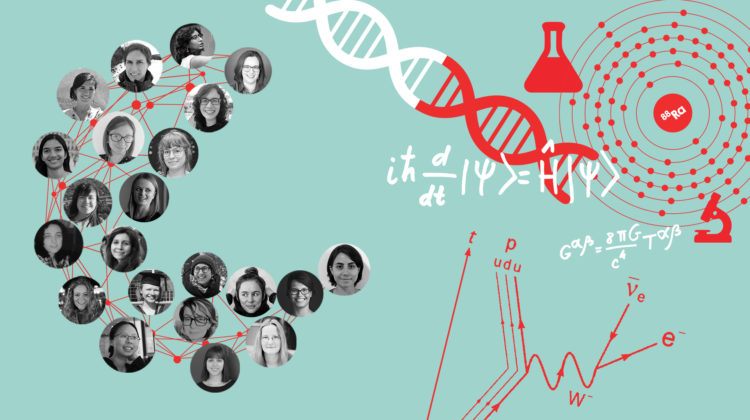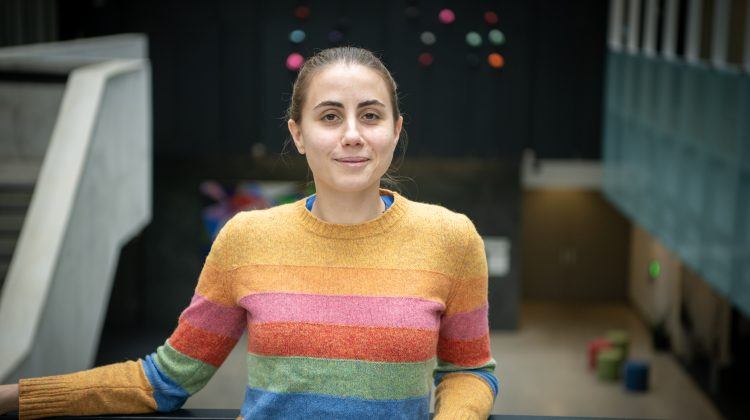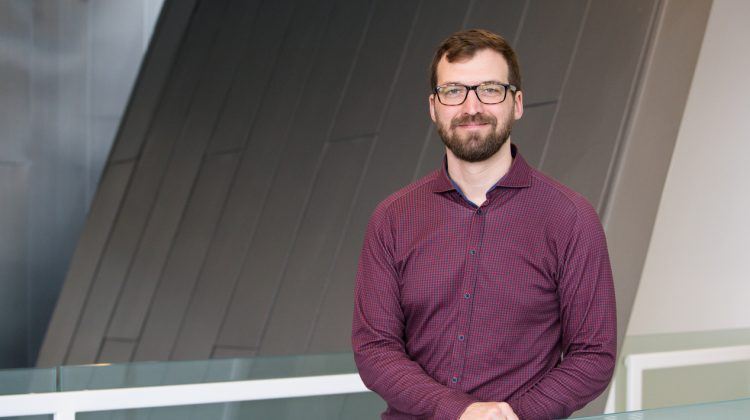Copyright versus Universal Access to All Human Knowledge
Watch the full talk at
http://www.q2cfestival.com/play.php?lecture_id=7748
Cory Doctorow presents opposing views and the current state of play in the global copyfight, stressing that low cost collaboration leads to weirder, more interesting, and more inspiring things than anything else we know today at Perimeter Institute’s Quantum to Cosmos: Ideas for the Future Festival in Waterloo, ON.

PERIMETER INSTITUTE RECORDED SEMINAR ARCHIVE
























































































